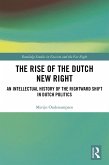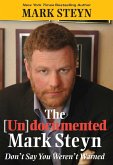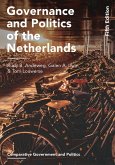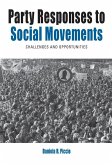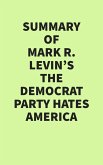Through his pragmatic leadership style, Rutte managed to maintain political stability while steering the Netherlands through challenges including the eurozone crisis, migration issues, and the COVID-19 pandemic. The narrative unfolds chronologically, starting with Rutte's rise to leadership of the VVD party and progressing through his four cabinet terms.
Drawing from extensive research, including parliamentary records, policy documents, and exclusive interviews, the book explores the fascinating paradox of how a leader known for understated pragmatism has outlasted more charismatic European counterparts. It examines the transformation of Dutch politics from its post-war social democratic consensus to Rutte's market-oriented liberal democracy, reflecting broader European trends.
The book stands out for its balanced analysis of both achievements and controversies, including the childcare benefits scandal and questions about governmental transparency. It provides valuable insights into how smaller European nations can maintain influence while navigating between global superpowers, making it relevant for political scientists, policy makers, and general readers interested in contemporary European politics.
The work effectively demonstrates how Rutte's adaptive approach to Dutch pragmatism has both strengthened and constrained democratic governance in the Netherlands.
Dieser Download kann aus rechtlichen Gründen nur mit Rechnungsadresse in A, B, BG, CY, CZ, D, DK, EW, E, FIN, F, GR, H, IRL, I, LT, L, LR, M, NL, PL, P, R, S, SLO, SK ausgeliefert werden.



